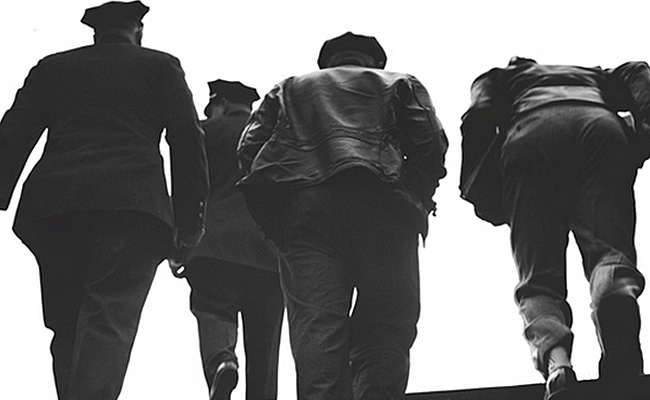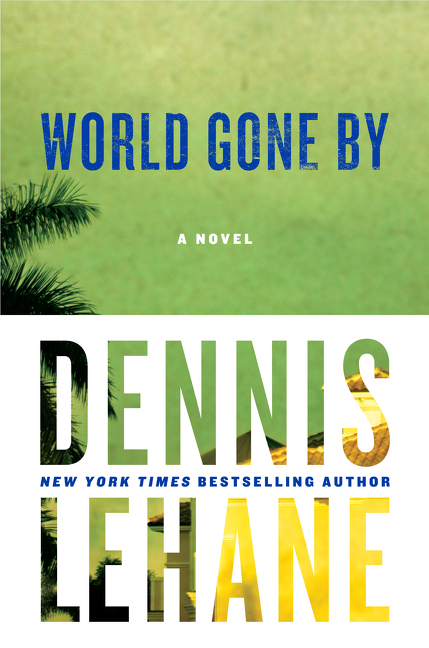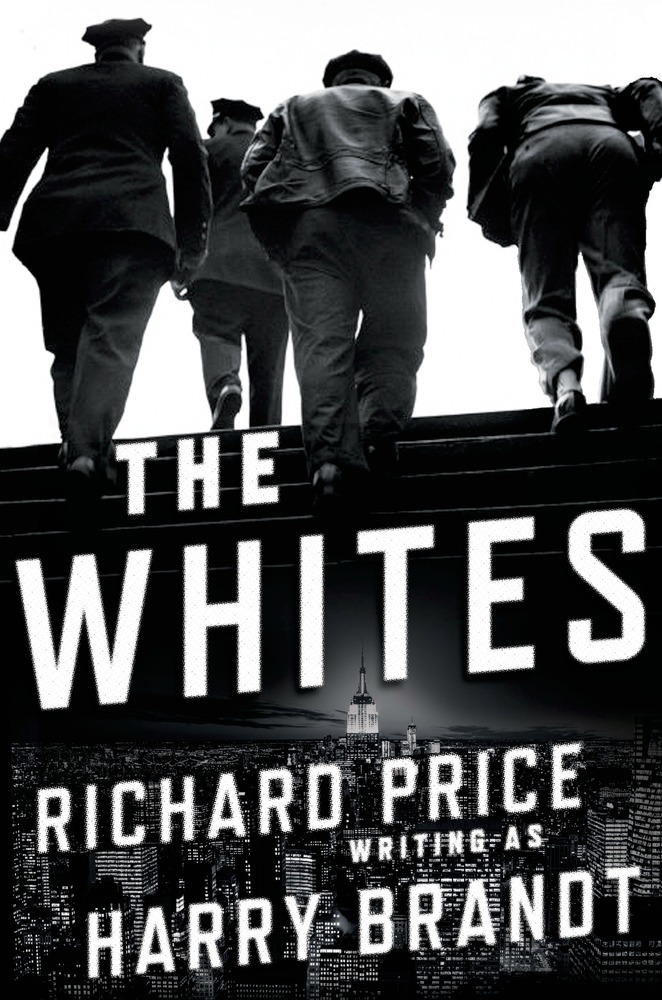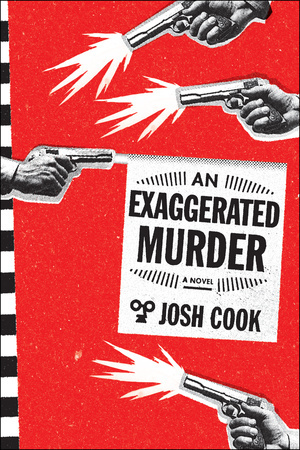A Love of Crime
Our Bookish columnist, Hans Weyandt, reads his way through a stack of genre-defying novels by Dennis Lehane, Josh Cook and Richard Price.

The official book categorizations we use have gone haywire. I remember the very moment I had that realization: I was looking up a specific title and found it listed in fiction, subcategories historical fiction and bildungsroman. I confess, I had turn to trusty old Wikipedia to find out what “bildungsroman” even means. (In case it’s also new to you: I’m simplifying a bit, but at essence the word denotes a coming of age story.) We’re well beyond the simple taxonomies of fiction and nonfiction – there are a dizzying number of ways we label books now. What’s more, I’m convinced many of these labels are shape-shifting to boot, and don’t quite mean what they once did. (If indeed they ever were fixed.)
Recently I cruised through Dennis Lehane’s World Gone By. The book completes his The Given Day trilogy. I’ve only read the second and third books so I can’t comment on the series as a whole, but I’ve been told by several people that the first book, a 704-page monster, is the best of the three. I wonder how these novels should be labeled: The stories are certainly historical, as they range from 1918 to the late 1940s. Are they mysteries? Thrillers? Goodreads has the series listed by no less than nine categories, but the main three used there are mystery, thriller and crime. Regardless of what you call his work, Lehane never fails to entertain with a layered story, interweaving disparate times and places. He’s been wildly successful by sticking to a formula that works.

Lehane’s Wire writing buddy, Richard Price, also has a new book out that’s already being hailed as the hot mystery/crime/thriller read of 2015. Rather, Price sort of does. The Whites is described as a novel “written by Richard Price writing as Harry Brandt.” I’ve never seen an author use both their actual name and pseudonym simultaneously on the cover of a book. The situation is so odd, in fact, that the New York Times devoted two pieces to the book the week it released. The first reviews the book and the second reviews the odd name situation, which even Price seems irritated by. I’m bothered because its a situation he created for himself (along with his agent, editor and publisher, to be fair). Apparently, he wanted to write something commercial (i.e. make some big bucks) in the voice and style of a pulpy page-turner, and borrowed a new persona at first to do so; but, as the Times puts it, “he couldn’t quite pull it off…. In spite of himself, Richard Price wrote a Richard Price novel.”
But enough quibbling: the book is superb. Price’s strengths have always been his keen ear for dialogue and attention to the sort of details that make all his characters feel fully fleshed. His latest novel centers on an anti-crime crew working the Bronx in the 1990s who call themselves the “Wild Geese.” Years on, they’ve all dispersed and grayed, until they’re revisited by their white whales: great criminals who somehow, wrongly, got away. I inhaled the book over two days and was genuinely sad when it was over.

The mystery genre has long had some ugly assumptions to carry around — that the stories are mindless, simple, formulaic. It has, of course, have been true for some books. Yet the genre has improved greatly in the last couple decades. A lot of mystery readers used to buy books from me shamefaced, like I was selling them Hustler magazine. But that is no longer the case, and it’s due in part to a new group of publishers who have searched out quality work, including a lot of great books in translation. Soho, Europa, Bitter Lemon, Akashic, Two Dollar Radio, Small Beer and Black Lizard: they’re all consistently putting out solid stuff. And that’s just the small presses — writers like Price/Brandt and Lehane prove there is no shortage coming from the major houses either.

Finally, I’ve just finished Josh Cook’s An Exaggerated Murder, recently released from Melville House Publishing, another in the list of presses churning out good books in the genre. The author, Josh Cook, is himself a bookseller at Porter Square Books in Boston. His debut work is, according to Kirkus, “ a beautifully written postmodern novel of deduction.” I know that is said in praise, but it’s a mouthful that makes the book seem, to me at least, way more convoluted than it is. Cook has clearly done a lot of reading in the whodunit world, and in his books readers will find loads of fantastic detective/private investigator action. His is a spoof, no doubt, on these genres. Yet it’s also an affectionate homage, filled with respect, humor and writing that’s easily equal to (and often better than) big names in the genre like Price or Lehane.
It’s never been harder to decide how to explain or place a book in context of others newly on the shelves. So much of what’s coming out is a hybrid, mash-up or fusion of styles and genres. It’s messy. For writers who don’t get the balance just right, that mix can mean a fall-off-the-tightrope failure. Luckily for us, when they get it right, it can also be an awful lot of fun to read.
Hans Weyandt has worked at four independent bookstores In St. Paul/Minneapolis over the past 15 years. He is the former co-owner of Micawber’s Books and the editor of Read This! published by Coffee House Press. He currently works at Sea Salt Eatery, Moon Palace Books and Big Bell Ice Cream.